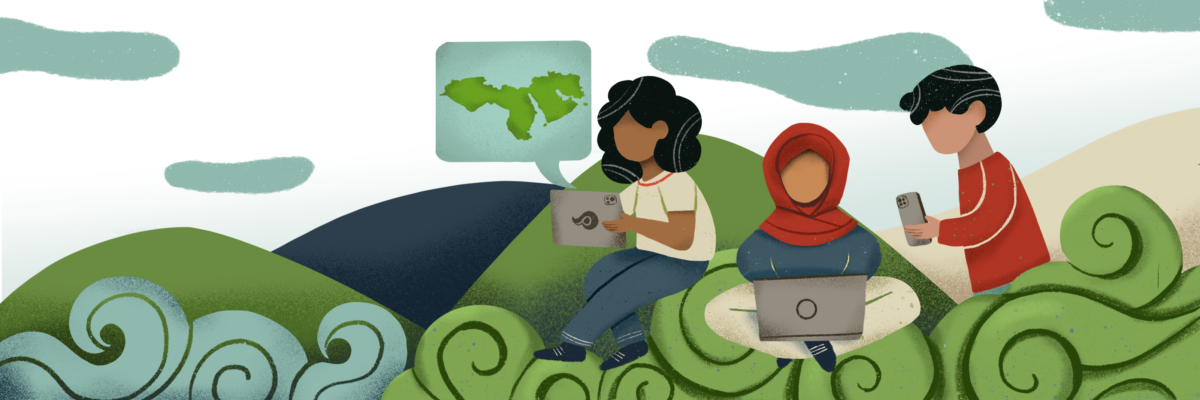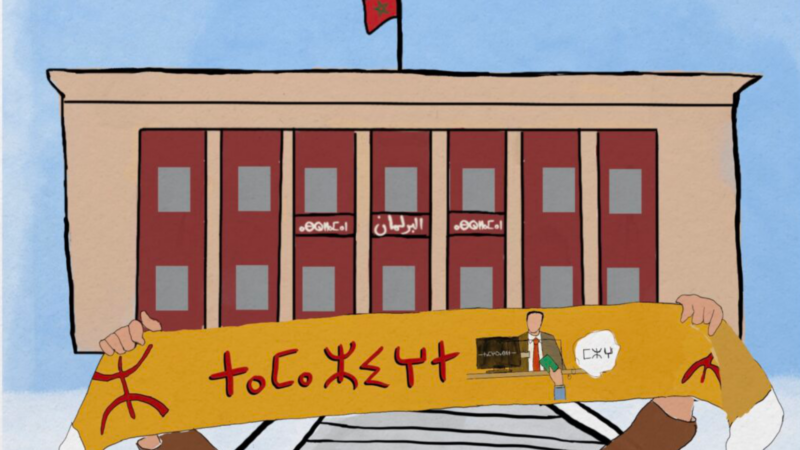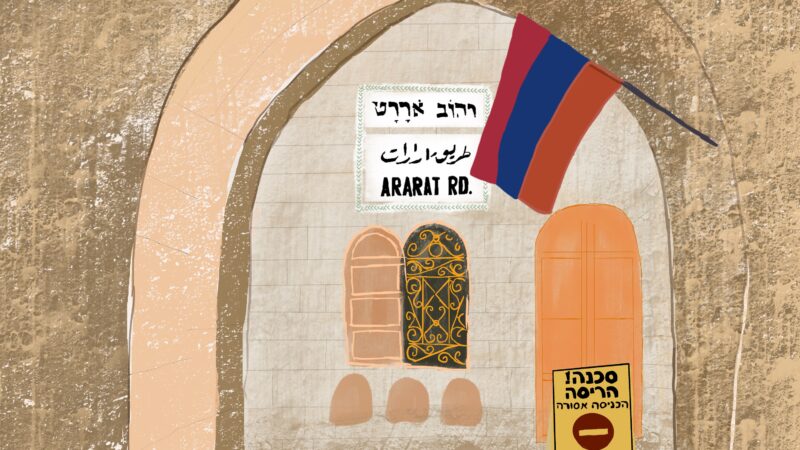
The Middle East and North Africa region boasts a rich tapestry of languages and cultures. However, despite this richness and diversity, the region has not received adequate attention when it comes to language rights. Unfortunately, this has resulted in a lack of research on the various language communities in the region, leaving these communities at risk of being left behind in the global discourse on language rights.
Recognizing the importance of filling the gap in research and advocacy for non-Arabic language communities in the region, with the support of the IFEX network, Rising Voices has launched a new project dedicated to shedding light on six such communities.
These communities include:
- Kurdish
- Assyrian
- Armenian
- Nubian
- Soqotri
- Tamazigh
The project aims to support their rights to free expression and access to information in online and offline civic spaces. It seeks to identify the opportunities, challenges, and threats they face in the digital realm, in order to better understand their unique needs and set priorities for advocacy strategies to address them.
Linguistic rights refer to the right of people and communities to use, maintain, and develop their native languages without discrimination. This right allows people to use their own language in public, receive education, and access information in their own language. It also includes the right to use their own language in legal proceedings.
On the other hand, freedom of expression is a fundamental human right enshrined in Article 19 of the Universal Declaration of Human Rights (UDHR). It states that:
Everyone has the right to freedom of opinion and expression; this right includes freedom to hold opinions without interference and to seek, receive, and impart information and ideas through any media and regardless of frontiers.
This right is protected under international law, including the International Covenant on Civil and Political Rights.
Linguistic rights are significant for human dignity because they allow individuals and communities to exercise other human rights, such as political and social participation, cultural and religious expression, access to information, education, and the justice system. When these rights are denied or restricted, it can lead to discrimination, marginalization, and oppression.
Upholding linguistic rights and freedom of expression, on the other hand, enables individuals and communities to fully participate in society, express their unique identities and perspectives, and contribute to the cultural diversity and richness of our wondrous world.
Stories
Morocco's Amazigh pursue civic presence through linguistic rights
Respecting the linguistic rights of the Amazigh people promotes social integration and allows speakers to freely express their culture and identity, which results in increased civic engagement.
How Kurdish language divisions hinder access to information
The ongoing disputes among Kurdish languages and their lack of standardization create obstacles to accessing online information, impedes the flow of information, and curtails active participation in the digital realm.
Iraqi Assyrians struggle for freedom of expression amid political and extremist threats
Ongoing oppression, ethnic and sectarian conflicts, and political unrest have greatly reduced the Middle East's Assyrian community, endangering their 3000-year-old Assyrian language in its native Middle Eastern home.
Discrimination against Nubians in pop culture and media
Nubians grapple with the harmful impact of stereotyping in media, causing feelings of invisibility, exclusion, and self-censorship. This in turn marginalize them and obscure their cultural contributions and expression.
Battle of survival and expression in Jerusalem's Armenian Community
The Armenian community in Jerusalem, rooted in the fourth century, faces a dire battle for survival, grappling with challenges that threaten not only their freedom of expression but their very existence.
Project Team
-
-
- Mariam A., Project Coordinator & Editor
- Tara Aziz, Kurdish language Researcher
- Mohammed Udern, Amazeegh language Researcher
- Mohammed Shamma, Trainer
- Noran Morsi, Designer & Illustrator
- Aso Wahhab, Kurdish language translator
- Honey Hashem, Arabic->English Translator
- Maisaa Motahar, English->Arabic Translator
-





